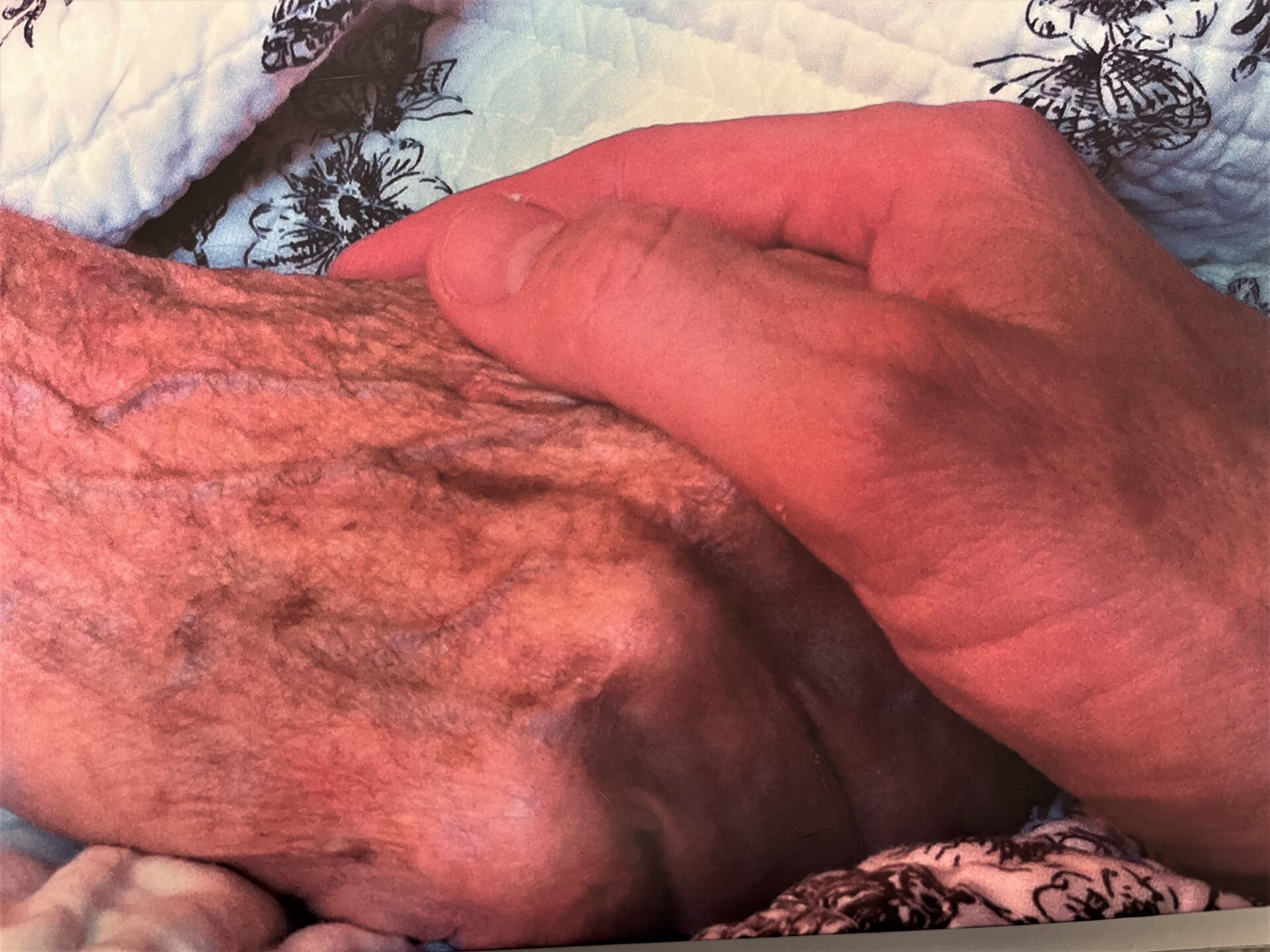Medical care is part of everyone’s life experience.
Whether it is as simple as a wintertime fever or cold or as complex as managing multiple serious medical problems simultaneously, we will all at some time seek medical care.
Clinicians provide medical care of various types. For example, the obstetrician provides care for pregnancy, and the emergency room physician provides care for an ER visit. These clinicians limit their involvement to a specific acute need.
Internal medicine specialists can serve as consultants or as primary care physicians. Premium Medical Home is our name for a particular philosophy or style of internal medicine primary care that we believe will be effective and satisfying throughout an adult’s lifetime.
Premium Medical Home is meant to provide qualities and aspects of medical care that are not covered by insurance and government programs. PMH is based on a commitment to continuity of care in direct relationship with patients and their families. There are issues of convenience, comfort, and quality that are not included in insurance billing codes. But comfort and convenience measures are important. Studies and statistics support the fact that medical care for most patients can be frightening, stressful, and anxiety-ridden. We believe part of the stresses in the medical care system today is related to this exclusion of comfort and convenience and the ability to have an information-driven relationship with your clinician. If you can understand and emotionally participate in your medical care, you will feel more safe and secure in carrying out the specifics of your care.
A PMH couple had serious problems.
The wife had dementia, and the husband was the caregiver. Suddenly, the husband developed a malignancy. The wife was moved to a memory care unit, and the husband met with doctors and worked with the oncologist to see if the cancer could be survived. Treatment failed, and there was no hope for further intervention to prolong his life or to cure the cancer.
The problem faced by the patient, who was the caregiver to the wife with dementia, was losing his ability to care for his wife. As hospice became the only good option to keep the husband at home, the family asked. “Dr. Kelly, you will take care of our father when he goes on hospice, won’t you?” The answer, was, of course “Yes”.
When the husband transitioned to hospice, the PMH doctor made rounds and talked to him at each visit about his much beloved wife in the memory care unit. When the family came to be with their dying father, they could also talk to the PMH doctor about their mother and try to understand the complexity of everything that was happening in their dear family. They knew the doctor was there for their mother and father. As expected, the father died, and the mother lives on with Alzheimer’s, still cared for by the same physician who knew her at a better time and is able to talk to her about her husband whenever she wishes to do so.

